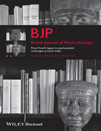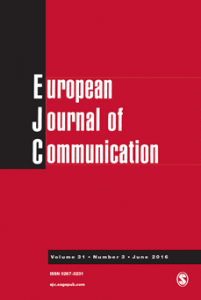 A psychoanalyst has retracted an award-winning 2016 paper over concerns that it contained “sensitive” patient information.
A psychoanalyst has retracted an award-winning 2016 paper over concerns that it contained “sensitive” patient information.
On July 15, Judith L. Mitrani, a psychoanalyst based in California, published an article that included “sensitive clinical material” about a patient. Although we do not know what prompted the concerns, on November 21, Mitrani, in agreement with the journal’s editor-in-chief and publisher, retracted the article. The author and editor told us the retraction was meant to prevent non-experts from accessing the paper and to stop other non-Wiley sites from posting it.
The article was published after it had won the journal’s essay contest in 2015.
Here’s the retraction notice for “On Separating One from the Other: Images of a Developing Self,” published in the British Journal of Psychotherapy (BJP):






 The Open Science Framework (OSF) has pulled a dataset from 70,000 users of the online dating site OkCupid over copyright concerns, according to the study author.
The Open Science Framework (OSF) has pulled a dataset from 70,000 users of the online dating site OkCupid over copyright concerns, according to the study author.
